
Mark Witzke, Analyst and nonresident scholar, UC San Diego 21st Century China Center
Apr 15, 2025
Digital platforms like RedNote are fostering new cross-Pacific interactions between U.S. and Chinese users, content creators, and celebrities, offering fresh opportunities for cultural exchange amid declining in-person engagement. Despite political tensions and regulatory hurdles, digital spaces are emerging as vital bridges between the two nations.
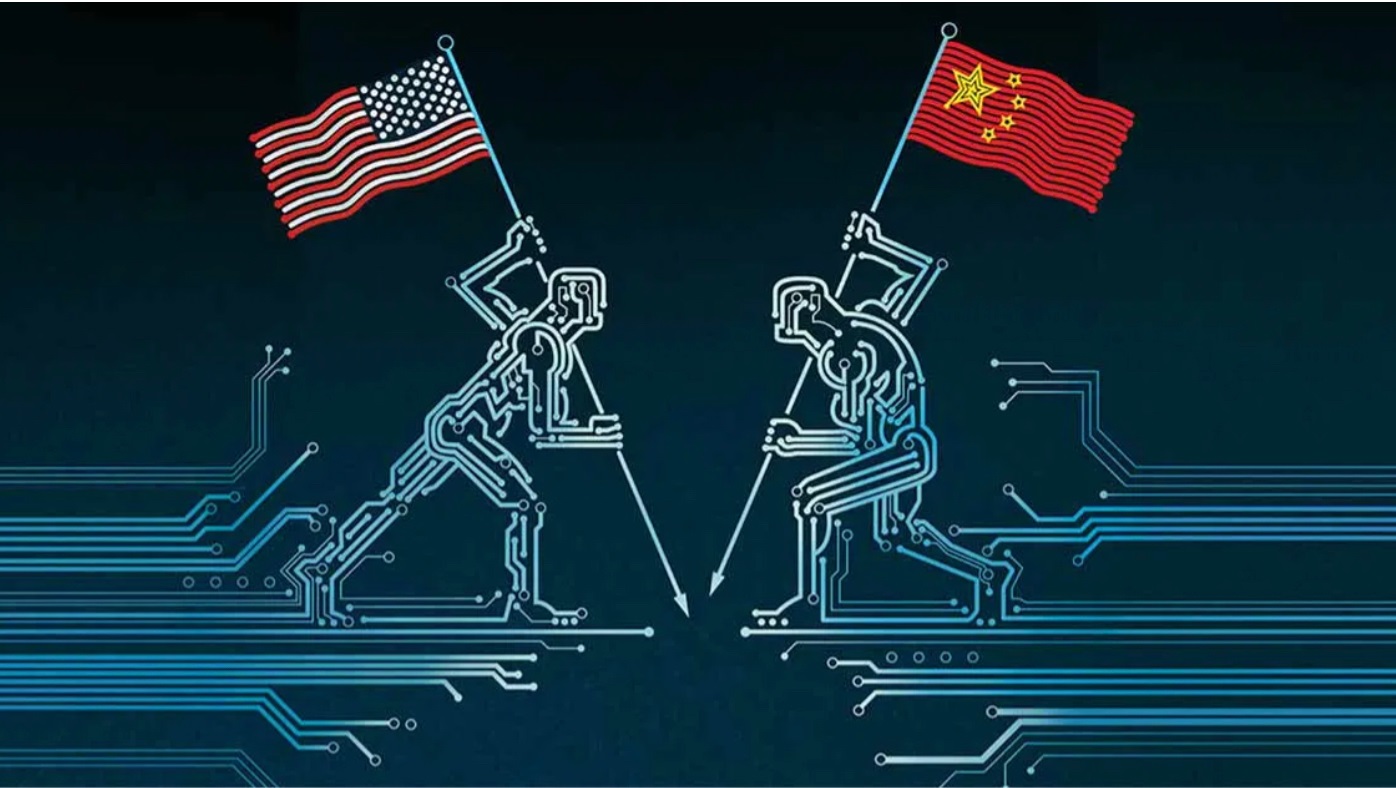
Xiao Qian, Deputy Director, Center for International Security and Strategy at Tsinghua University
Apr 14, 2025
Yes, they can. As the world’s two major powers in AI technology, the U.S. and China must work together to build capacity, contribute to AI for developing countries, bridge the digital divide and help achieve the United Nations Sustainable Development Goals.

Brian Wong, Assistant Professor in Philosophy and Fellow at Centre on Contemporary China and the World, HKU and Rhodes Scholar
Mar 27, 2025
China’s recent successes in tech and entertainment have proven to the world that its creativity and innovation can keep pace with the Western-dominated zeitgeist. How might this translate into China’s relations with states across the globe?

Jianyin Roachell, Transatlantic Digital Debate Fellow and Research Associate at Max Planck Institute of Geoanthropology
Feb 21, 2025
The rapidly growing AI industry was rocked last month with the launch of DeepSeek, an open-source, Chinese-developed competitor to OpenAI’s products. The introduction of a valid competitor to American dominance in AI will lead to many questions in 2025 on how the U.S. will respond.
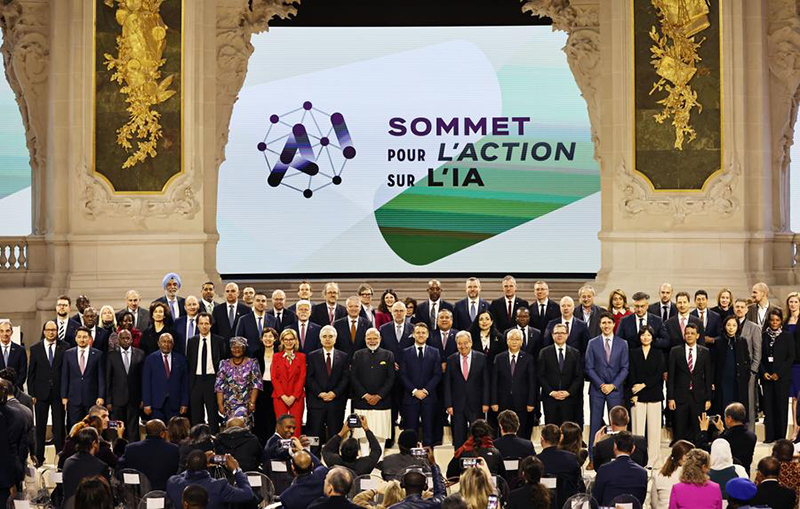
Fu Ying, Founding Chair of Center for International Security and Strategy, Tsinghua University; China's former Vice Minister of Foreign Affairs
Feb 17, 2025
The Paris AI Action Summit was held on February 10 and 11. AI experts, policymakers and industry leaders from various countries gathered to engage in in-depth discussions about opportunities and challenges in AI development and governance. Chinese scholars led by former Chinese vice-foreign minister Fu Ying attended the Paris AI Summit. Below are the main points in Fu Ying’s Remarks on AI Safety and Governance at the Paris AI Summit.
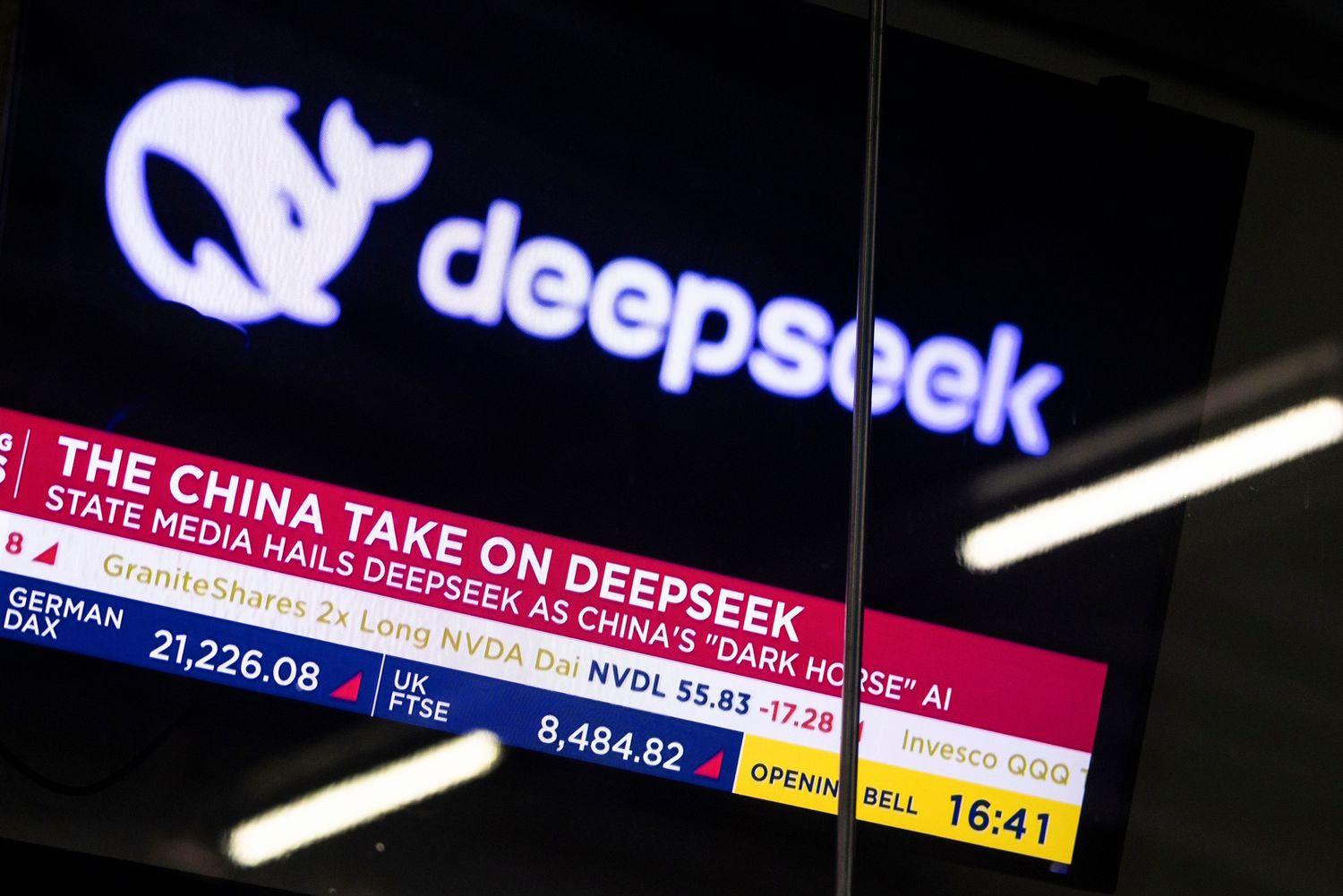
Yu Xiang, Senior Fellow, China Construction Bank Research Institute
Feb 14, 2025
The rapid rise of DeepSeek sends a clear message to the world: Tech suppression may bring short-term gains, but the resulting frictions will be counterproductive. DeepSeek’s innovations offer a fresh perspective on the future of U.S.-China economic relations by demonstrating that China can stand on its own.
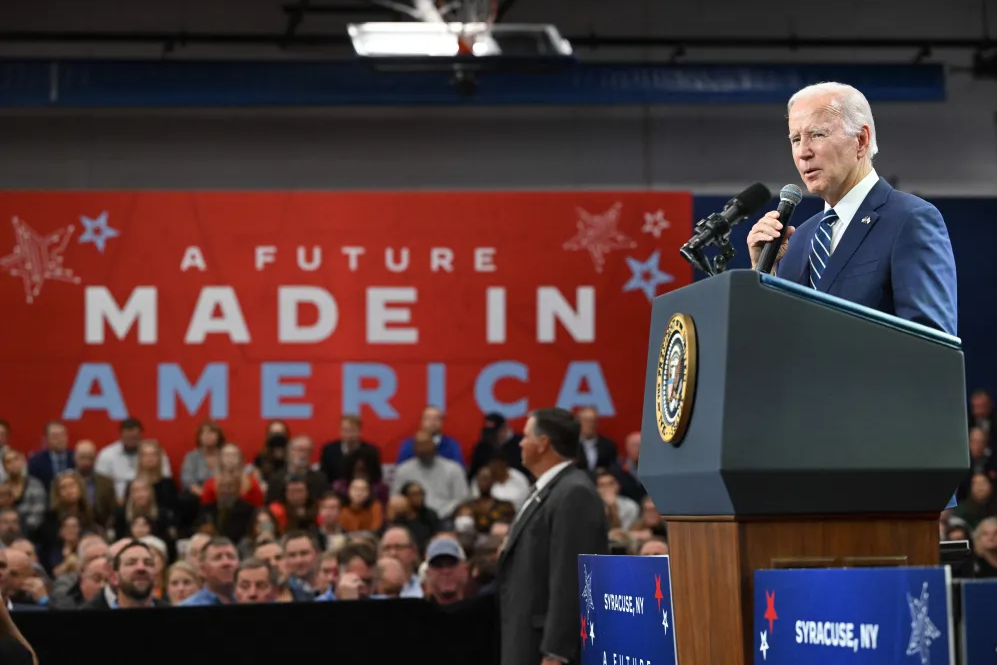
Zhu Feng, Director, Institute of International Studies, Nanjing University
Jan 15, 2025
Donald Trump is likely to seek a fresh start when he returns to the White House, creating an opportunity to build a healthy and sustainable China-U.S. relationship. The world is big enough for the two major powers to grow and prosper together and avoid veering into a vicious tech rivalry — or even a new cold war.
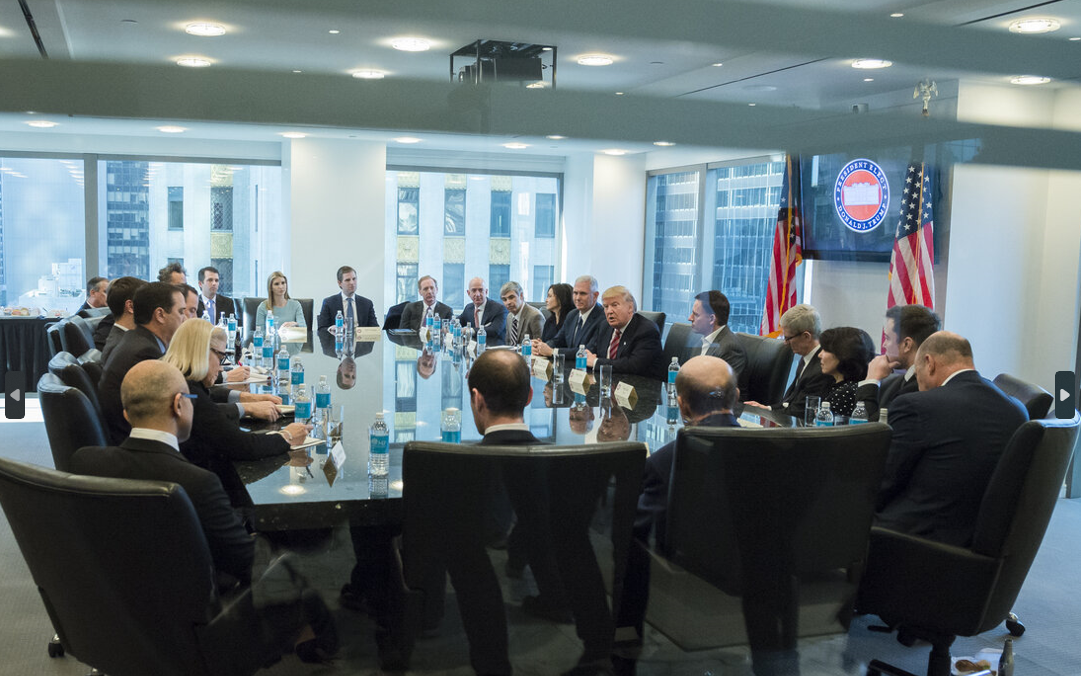
Li Zheng, Assistant Research Processor, China Institutes of Contemporary International Relations
Jan 13, 2025
The incoming administration in the United States is expected to intensify export controls on China and strengthen measures to block overseas markets for Chinese technology products. However, Donald Trump’s new team, steered by his pragmatic approach, may ease the pressure in some sectors.

Zhao Minghao, Professor, Institute of International Studies at Fudan University, and China Forum Expert
Jan 13, 2025
To a large degree, the new agglomeration is the result of Washington’s “great power competition” strategy. While it looks a bit like the military-industrial complex of the Cold War era, it is truly a different entity, but it’s one whose long-term impact on China-U.S. ties must be understood.
Li Zheng, Assistant Research Processor, China Institutes of Contemporary International Relations
Jul 19, 2024
The two sides need to actively explore new models of cooperation with an open attitude to realize development together. How they balance competition and cooperation will not only affect their own relations but also the direction of the world.